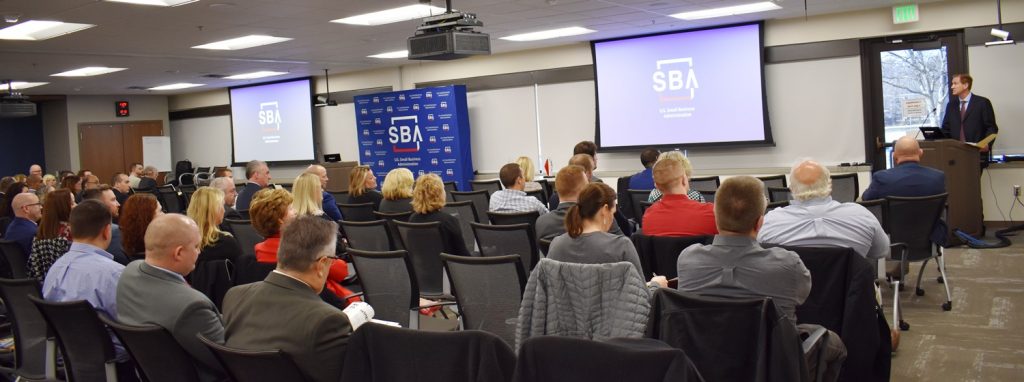Following several policy changes, the Small Business Administration (SBA)’s programs supported 658,000 American families in 2018, and its new online Lender Match feature has accrued 3 million hits and made over 168,000 connections between lenders and borrowers.
Changes to the SBA’s lending policies include a new 25-year debenture on 504 program loans, fee relief for loans up to $150,000, enhanced online platforms that make borrower-lender transactions easier and increased internal collaboration with the U.S. Department of Agriculture. It is the SBA’s hope that these improvements will continue to expand customer bases and sales avenues for their borrowers—particularly small, rural businesses.
“The Administration is really focused on making sure that we make capital available to those individuals and small businesses that live in rural areas,” said Bill Manger, the SBA’s Associate Administrator for the Office of Capital Access. “We’re concerned that they’re not always remembered and we want to make sure that they have access to resources to succeed.”
Manger participated in a lenders’ forum in Kansas City on Monday, Dec. 10, where he acted as the keynote speaker. The focus of the event was to recap the success of the SBA’s new policies and its Rural Lending Initiative, both which prioritize promoting growth in small rural businesses. Manger offered encouraging statistics for small rural industries in 2018 based on these new changes.
“We’ve seen a lot of changes recently, like growth and economic development in rural areas, more jobs being created, a larger tax base for those communities where they exist—all of these things are positive,” Manger said. “Wage growth has finally increased for the first time in almost 10 years, which has a big impact on the wage earner. Unemployment is down to 3.7 percent. Some of these things in the economy are having an effect, but we want to make sure this extends to rural areas as well.”
As small, rural businesses continue to shift from local markets into the global marketplace, the SBA hopes to make the expansion process as simple and intuitive as possible for its borrowers. The goal, Manger says, is to ensure no small business is left behind.
“We want to make sure no corners of the country are forgotten, and that you don’t have to be in a city or suburb in order to be successful,” Manger said. “We want to make sure that you can have a small business in a rural community and be just as successful there as anywhere else.”


